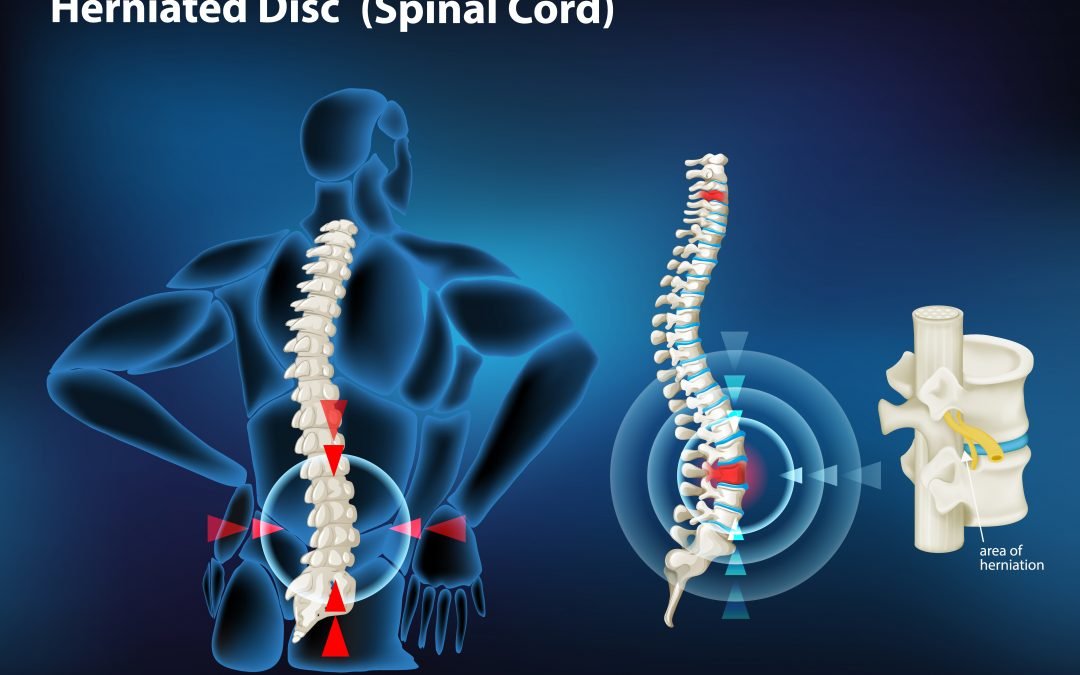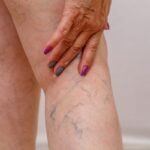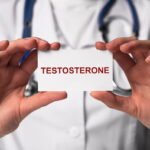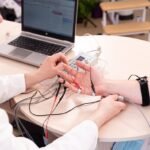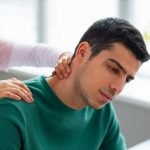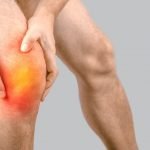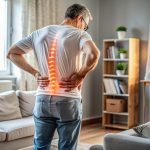Herniated discs can lead to nerve problems like numbness, tingling, burning, sharp/shooting discomfort and weakness in the extremities. Herniations typically occur in the lower back but also can be common in the cervical and thoracic spine. Typical symptoms include pain in the arms or legs, numbness or tingling, pin and needles type sensations due to compressed nerves, or weakness in the extremities. In some people, no symptoms are present.
There are many causes of herniated discs. In many people, old age, and general wear and tear are the primary causes. As people age, the discs lose water content, which makes them more prone to herniation. Using back muscles to lift heavy objects or twisting and turning with weight can lead to herniated discs as well. People who are overweight or have a genetic predisposition are more prone to disc herniation. Also, those with physically demanding jobs are also more at risk. While a herniated disc on its own does not present a significant risk, complications may arise. Left untreated, some people may experience symptoms worsening to the point they can no longer use the affected arm or leg. It can also lead to poor control of the bladder, or loss of feeling in the inner thighs.
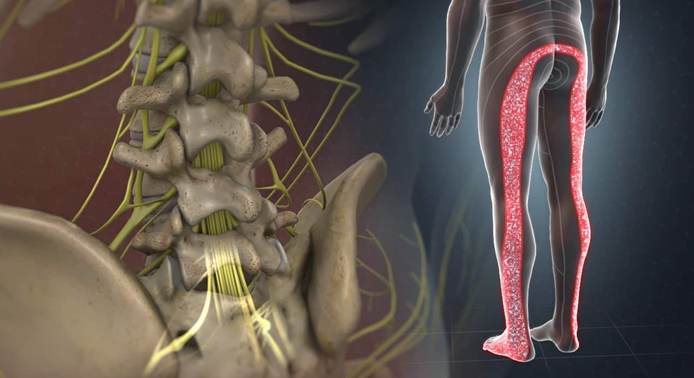
There are treatments available for herniated discs. However, the best treatment is prevention. Building up strong core and back muscles can help prevent disc herniation because it allows the spine to be more stabilized. Also, having good posture while sitting and lifting heavy objects is key to preventing herniated discs. Maintaining a healthy weight allows less pressure on the spine, which can also prevent a slipped disc.
While some things, such as proper posture and exercise are within our control, others, such as genetics, are not. Even when taking all preventative measures, some people may still suffer from a herniated disc. Treating a herniated disc begins with a complete physical examination including x-rays and an MRI usually. Conservative treatments like Chiropractic, Physical Therapy, Acupuncture, Ice/Heat and NSAID’s are usually the first line of defense.
However, sometimes a disc herniation can be very large, affect multiple levels or compress/irritate the spinal nerve and/or spinal cord and will require Interventional Pain Management which may involve Epidural and/or Facet Nerve Block Injections with or without a steroid like Cortisone. Herniated discs can be very painful, and are more likely to occur in old age. While some people are genetically prone to disc herniation, all people can take preventative measures to lessen the likelihood of it happening. Disc herniation is an unpleasant experience for most people.
Most interventional pain treatments are much safer and have fewer possible side effects than narcotics or invasive procedures, like surgery. Many people are able to use interventional pain treatment for years to control chronic pain without suffering from negative side effects or health issues.
At Noracare Wellness every patient’s condition is unique and will be fully assessed by one of our Board-Certified Physicians before a customized treatment plan is recommended. For more information contact us today at (201) 880-1400 to begin your path to healing!
